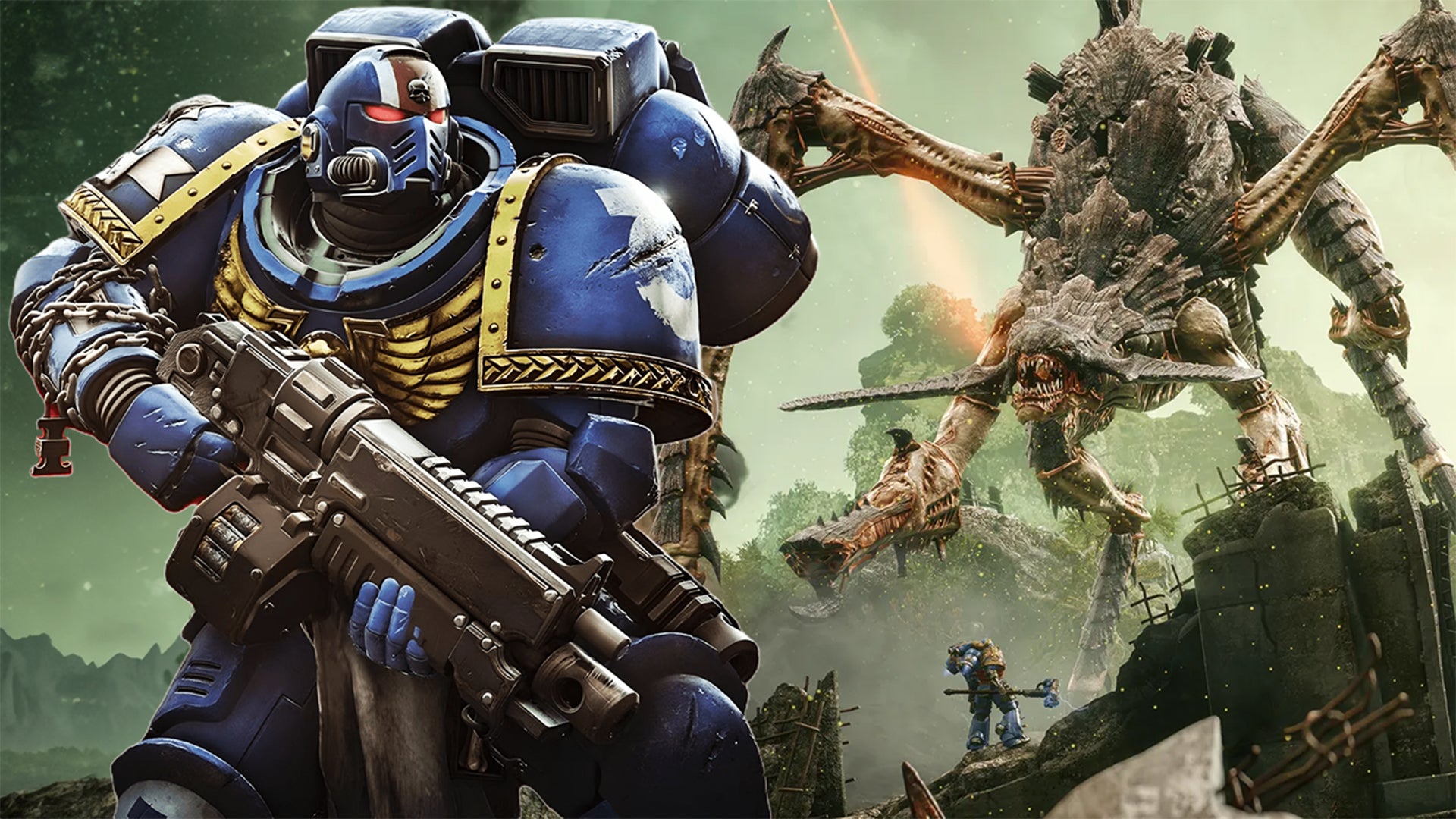An increasing number of people are opening up to the idea that humanity’s survival is tied to our ability to become a multi-planetary species. But for this to become a reality, countless technological and biological barriers must be overcome, and we must answer a vital question: are humans even capable of making babies in space?
With the proliferation of space tourism, the opportunities for humans to have sex in space are greater than ever. Thankfully, the civilian astronaut flights offered to date are inherently shared experiences, which offer little in the way of privacy, and even less scope for any passengers hoping to become a founding member of the 100-kilometre-high club.
For better or worse, this status quo is likely to change, especially once the raft of planned civilian space stations start to populate low-Earth orbit. However, just because you can do something doesn’t mean that you should.
The realities of having sex in space are likely to be tricky to say the least, and there are obvious reasons why microgravity copulation might not be a great idea, in the short term at least. For starters, it has the potential to be messy, which is problematic in an environment that needs to be kept hygienic, but we’ll leave the details there to your imagination.
Though not an insurmountable issue, weightlessness would also serve to make the act itself more challenging, and the effect that sexual relationships might have on the social dynamics of a crew locked together in a tight space for months on end during long-haul missions can’t be overlooked. Others have chosen to look beyond the practicalities of the act itself, instead touting the importance of establishing a controlled scientific approach to the uncertainties surrounding human reproduction in space.
“Access to space is essentially at the inflection point of becoming exponentially available over the last 18 months, and we can’t mandate what people do, and its human nature to also be competitive,” said space medicine expert Dr. Shawna Pandya, during a South by Southwest panel on sex in space earlier this year.
“Someone will want to be the first to copulate in space, the first to conceive in space, the first to deliver in space, and if we’re not figuring this out ethically as to ‘what happens if it is tratogenic to bring a pregnant woman in her first trimester to space’, and we’re not figuring that out, then we’re setting ourselves up for trouble later.”
Whether it be in response to the rise of space tourism, the long-sighted goal of making humanity a multiplanetary species, or pure scientific curiosity, the fact is that researchers are increasingly interested in whether its possible for humans to make babies in space.
To date a number of animal reproductive studies have been conducted with varying degrees of success in low-Earth orbit, with a 2021 study conducted aboard the International Space Station indicating that it may indeed be possible for early mammalian embryos to form in space.
In the coming decade the Netherlands-based company SpaceBorn United is hoping to shed further light on our ability to make babies off planet with its Assisted Reproductive Technology in Space (ARTIS) mission program.
“..What SpaceBorn [United] does is to develop technology for a safe, sound and responsible human reproduction in space,” explained the company’s chief technology officer Dr. Angelo Vermeulen in an interview with IGN.
The group plans to perform a series of in vitro fertilisation experiments in space using a shoebox-sized minilab equipped with its own life support system, cryogenic freezing capabilities, and an artificial gravity system capable of simulating the gravity of Earth, Mars, and the Moon.
SpaceBorn United’s partners have already developed a prototype of the CD-sized microfluidic disk in which the sperm and eggs will be mixed along with other hardware, and is working towards an initial test flight in late 2024. Prior to that, the team will conduct a campaign of ground-based testing, which could see their equipment subjected to testing in a European Space Agency centrifuge in Holland.
Here’s how a fully-fledged ARTIS mission could be expected to unfold. First, the minilab would be launched into orbit within a protective capsule, after which a tiny pump would activate in the microfluidic disk, transporting sperm to a chamber containing the eggs. The fertilised eggs would then be observed in real time with the aid of artificial intelligence, until they formed blastocysts — the next step of their embryonic evolution. The early stage embryos would then be cryogenically frozen for transport back to an IVF clinic on Earth for DNA analysis.
Early ARTIS missions will be used to test various aspects of the system using mammalian reproductive cells taken from mice, which, after the point of conception, take roughly four days to reach the blastocyte stage. The team eventually hope to switch to human reproductive cells in future IVF experiments further down the line, once the system has been tested on multiple orbital missions.
“We do have and we are composing an ethical team that can look into the ethics and regulation on how to proceed with human cells, and to bring blastocysts, human blastocysts back to Earth that were conceived in space,” explained Dr. Vermeulen.
The initial 2024 test flight, will see an early version of SpaceBorn United’s hardware make two orbits of Earth before returning to the surface with the aid of an inflatable heat shield, courtesy of the German company Atmos, and Rocket Factory Augsburg. For that outing mouse embryos will be created immediately prior to launch, rather than in orbit, as will be the case with subsequent missions. This allows for a lower level of complexity relative to later missions, while presenting an entirely different set of complications.
“The biggest challenge is the late access to introduce those fresh embryos into the rocket,” said Dr. Vermeulen. “You can't wait. You're basically creating those embryos right on site, or very close to the rocket launch, either on the same site or in an IVF clinic nearby. “
Rocket science is an inherently tricky business, with launches often being cancelled mere minutes before a potential liftoff in the face of technical issues or inclement weather, leading to delays of days, or even weeks in some cases.
“In our case this would be a disaster, because the embryo is already developing, and so it goes to space when its almost finished developing into a blastocyst,” explained Dr. Vermeulen. “You have a very small window of about six hours between harvesting and creating the embryo, putting it in the rocket, and getting the rocket into space, that is a huge challenge!”
If everything goes to plan the following ARTIS 1 mission — which is currently scheduled for Q3 2025 — will see SpaceBorn United attempt orbital fertilisation of a mouse egg in orbit for the first time. ARTIS 2 meanwhile, which has yet to be given a launch window, will introduce cryopreservation of samples, bringing the system closer to being ready for human cells.
According to Dr. Vermeulen, it is also possible that the automated mixing systems being developed by SpaceBorn United could one day be used to streamline the manual labour intensive IVF treatments used today.
Humanity has been fundamentally shaped by the gravity of the world we have spent billions of evolving on. As such, it seems likely that taking a process as complex as human reproduction, and placing it in a weightless environment would result in unforseen complications. The research being conducted by SpaceBorn United and other scientists represents will help identify potential issues, and begin answering the question of whether it is safe for humans to reproduce in space.
Anthony is a freelance contributor covering science and video gaming news for IGN. He has over eight years experience of covering breaking developments in multiple scientific fields and absolutely no time for your shenanigans. Follow him on Twitter @BeardConGamer
Image credit: SpaceBorn United







